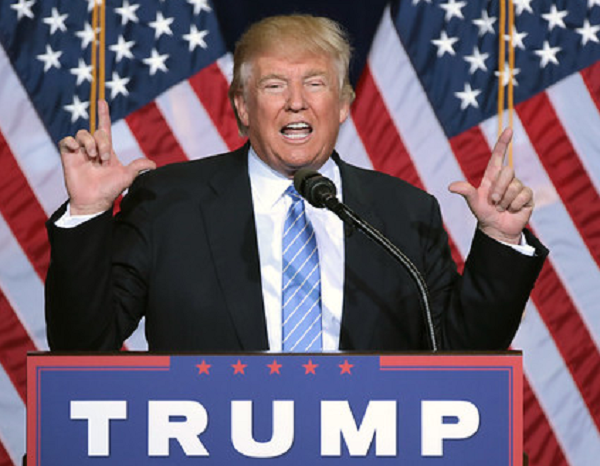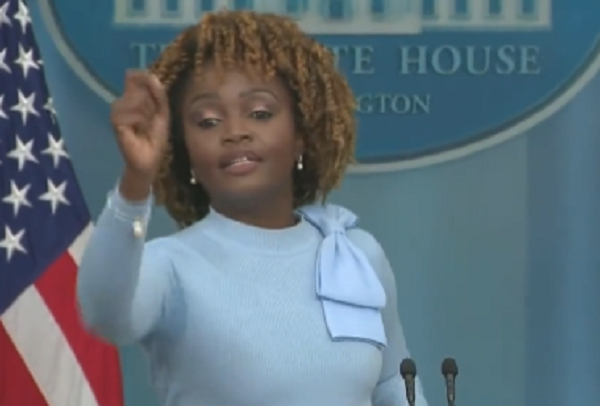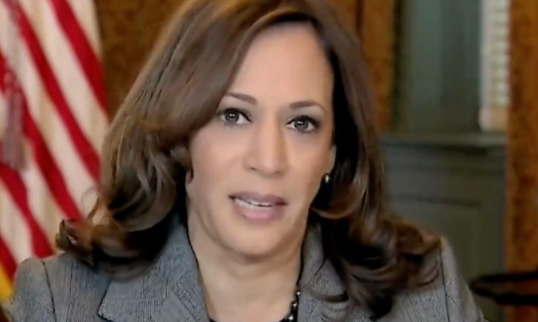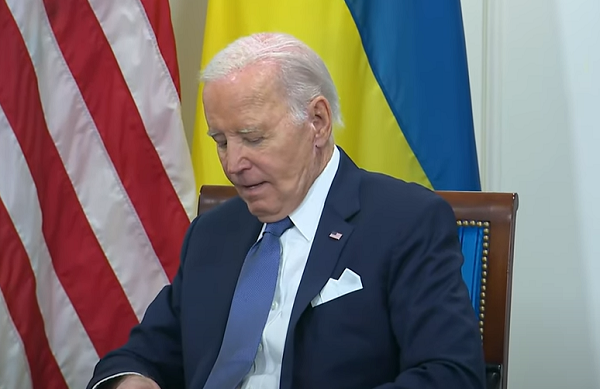Trump has repeatedly promised to dismantle the administrative state, also known as the “deep state,” upon his return to office. The administrative state refers to unaccountable and unelected administrative agencies, including the national security apparatus, that wield power to create and enforce their own regulations. By doing so, they undermine the separation of powers outlined in the Constitution, effectively creating a fourth branch of government.
Trump’s plan to revamp the Department of Justice (DOJ) is based on his belief that career bureaucrats within the administrative state unfairly target conservatives and conservative ideals, often with the assistance of the national security and intelligence agencies. This belief is supported by various controversies, such as the handling of the coronavirus pandemic, the Russia investigation, and the Hunter Biden laptop scandal. Sources have indicated that a future Trump administration would limit the DOJ’s authority by redistributing power to other law enforcement agencies. This proposal is not new and reflects concerns about the erosion of civil liberties.
One of the initial steps would involve eliminating the FBI’s general counsel, an office that has been perceived as working against Trump’s presidency and interfering with the Russia investigation. Critics argue that this move is an act of political retaliation against non-partisan agencies funded by taxpayers. However, many conservatives support the idea that a president should have the ability to hire and fire federal employees based on just cause.
Before leaving office in 2021, Trump signed an executive order (EO) aimed at reclassifying federal government employees into Schedule F. This move was intended to improve accountability and job performance within bureaucratic agencies, with Trump stating in May, “You have some people that are protected that shouldn’t be protected.” When Biden took office in 2021, he promptly revoked the order. However, if Trump were to be reelected, there are reports suggesting that he would reinstate the executive order and remove unelected technocrats who are currently overseeing the federal government.
The executive order was rescinded by Biden upon assuming office in 2021. However, if Trump regains the presidency, it is reported that he will reinstate the order and remove the unelected technocrats who are currently overseeing the federal government. “It would effectively upend the modern civil service, triggering a shock wave across the bureaucracy,” Axios previously concluded about the EO’s impact.
“The mere mention of Schedule F ensures that the bureaucracy moves in your direction,” Russell Vought, Trump’s former director of the Office of Management and Budget, previously told Time.
“The President never had a policy process that was designed to give him what he actually wanted and campaigned on,” he added. “[We are] sorting through the legal authorities, the mechanics, and providing the momentum for a future Administration.”







